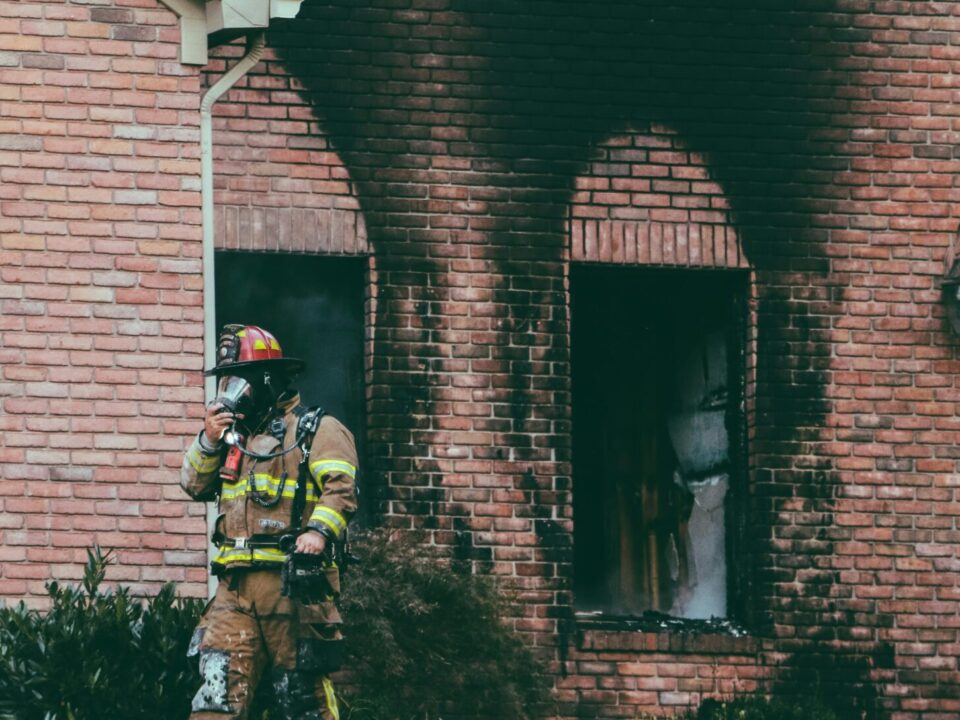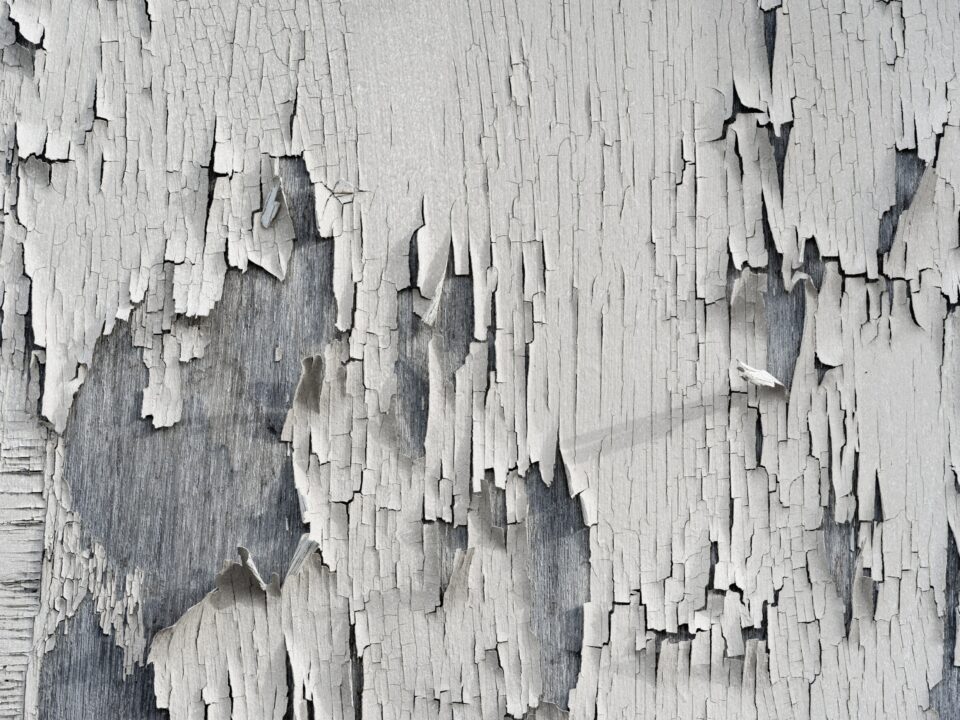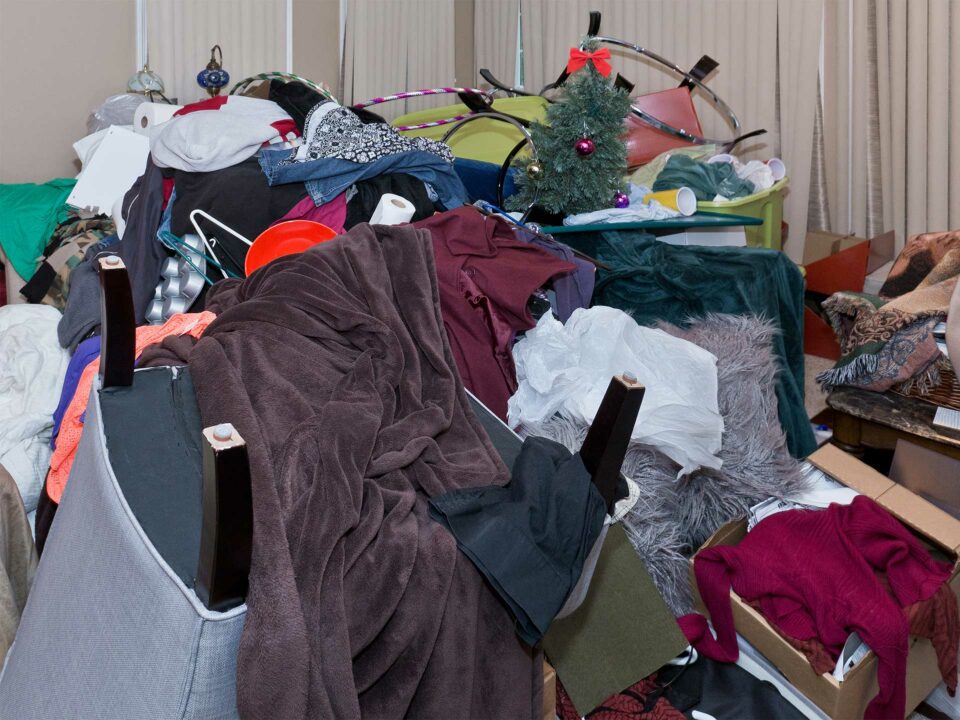
FAQ’s on Water Damage Restoration
January 25, 2024
Is Black Mold Damage Permanent?
March 13, 2024
How To Prevent Home Floods In San Diego County
Recently, San Diego experienced unprecedented flooding that left many homes submerged under several feet of water. Our hearts go out to those affected by this unfortunate event. In the aftermath of such flooding, it's crucial to understand the potential hazards and take necessary steps to protect your home and well-being.
The Unseen Dangers of Floodwater: When water enters your home from the outside during a flood, it brings along mud, bacteria, and various contaminants. While some may assume their homes are fine if paint isn't bubbling or floors feel dry, it's essential to realize that the water isn't clean. To prevent health issues, thorough drying and sterilization of affected areas are imperative. Moisture-sensing equipment can help ensure your home is completely dry.
Maintenance Matters: Flooding isn't always the result of a natural disaster; it can stem from neglecting property and landscaping maintenance. Regular tasks such as cleaning gutters, maintaining roofs, and ensuring proper grading around the house can prevent flooding during normal rain situations.
Addressing Drainage Issues: Even with proper grading, excess water accumulation on your property can lead to potential flooding. Installing drainage solutions like French drains with perforated pipes can redirect water away from your home, preventing it from entering and causing damage.
Acting Swiftly Against Mold: Mold spores are omnipresent and require moisture and organic material to grow. After a flood, it's crucial to address any moisture issues within two weeks to prevent mold growth. Mold can be especially problematic on materials like drywall, which is covered in paper, providing an ideal food source for mold.
Insurance Claim Tips: If you find yourself in the unfortunate situation of having to make an insurance claim, it's essential to follow a strategic approach. Contact your insurance agent before calling the claims number on your insurance card. This prevents an unwarranted mark on your record. Additionally, consider reaching out to Fast Affordable Restoration for assistance. Unlike professionals sent by insurance companies, they report to you and advocate for your best interests.
Documenting Damages: Documenting the aftermath of a flood is crucial for a successful insurance claim. Keep evidence such as damaged pipes, take pictures of the damage at its worst and best, and maintain a comprehensive record. This documentation will help prove the extent of your losses and ensure you receive fair compensation.
In the face of flooding, whether from natural disasters or plumbing issues, taking proactive measures and following these guidelines can significantly minimize damage to your home. By understanding the unseen dangers and being prepared, you can protect your property and navigate the insurance claim process more effectively.




